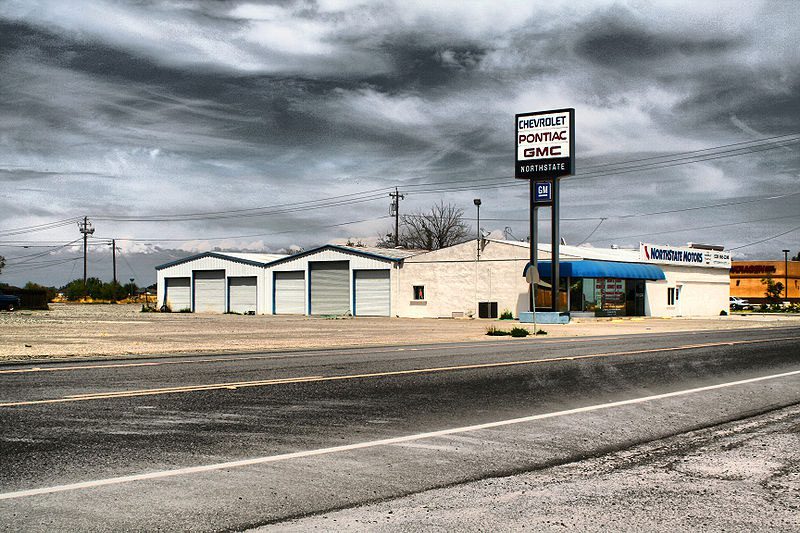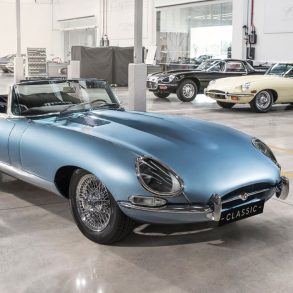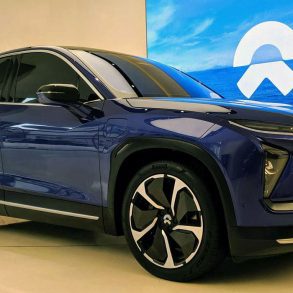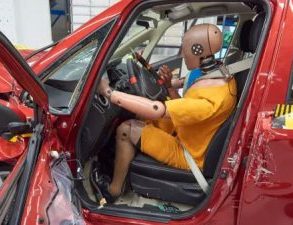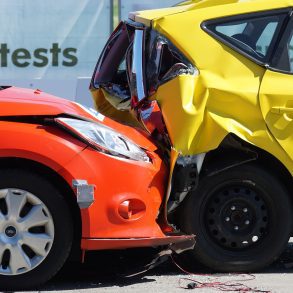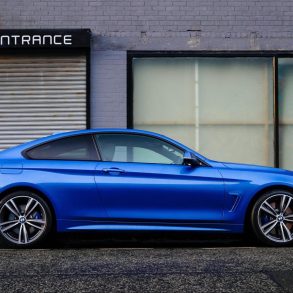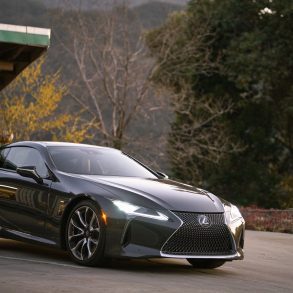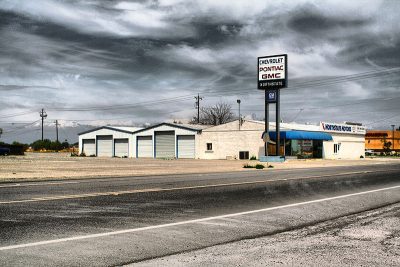 With factory closures worldwide and dealership showrooms across the US closed for sales of vehicles, it shouldn’t come as a surprise that US auto sales are plummeting quickly. Retail sales which had been in line with expectations until March 11 were down 22% nationwide last week. But this does not yet fully account for the shelter-in-place orders that some US states have implemented by the end of last week to help contain the coronavirus outbreak. In the West Coast some cities saw declines of as much as 40%, according to data published Wednesday by research firm J.D. Power. And over the weekend, San Fransisco dealerships suffered an 86% plunge after California residents were told to stay at home. This leads us to believe auto sales in states that have implemented lockdown orders could drop by 80% or more (similar to declines in China in February) in the last week of March and will remain extremely low in the weeks or even months that follow. March sales are on track to lose as much as 45% and with expected year-over-year declines of as much as 75% in April and May, the virus could wipe out nearly 3 million US car sales between March and July. That would translate to a loss of 17.5% of full-year US sales, and return the US auto market from above 17 million vehicles in each of the past five years to levels last seen in 2011 or 2012.
With factory closures worldwide and dealership showrooms across the US closed for sales of vehicles, it shouldn’t come as a surprise that US auto sales are plummeting quickly. Retail sales which had been in line with expectations until March 11 were down 22% nationwide last week. But this does not yet fully account for the shelter-in-place orders that some US states have implemented by the end of last week to help contain the coronavirus outbreak. In the West Coast some cities saw declines of as much as 40%, according to data published Wednesday by research firm J.D. Power. And over the weekend, San Fransisco dealerships suffered an 86% plunge after California residents were told to stay at home. This leads us to believe auto sales in states that have implemented lockdown orders could drop by 80% or more (similar to declines in China in February) in the last week of March and will remain extremely low in the weeks or even months that follow. March sales are on track to lose as much as 45% and with expected year-over-year declines of as much as 75% in April and May, the virus could wipe out nearly 3 million US car sales between March and July. That would translate to a loss of 17.5% of full-year US sales, and return the US auto market from above 17 million vehicles in each of the past five years to levels last seen in 2011 or 2012.
This is not only a result of showroom closures, but mostly from factory shutdowns which affect production of vehicles worldwide. Many factories in Asia got shut down for weeks due to the coronavirus, of which China experienced the steepest drop in car and parts production. Because of lower parts production in China, factories in Japan, South Korea and across the globe experienced supply chain disruptions and were also forced to close due to shortage of parts to build cars. Almost all car production in Europe was shut down in March as a direct effect of the coronavirus and many of the US auto plants are being halted as a result of government shut downs as well as shortages of parts.
Some of the lost sales might be recovered as soon as showrooms reopen after the extended shutdown, provided that factories and supply chains are back online by then and there are enough cars available to be sold. Also, many people are losing their jobs or income as the economy is coming to a virtual halt because businesses are forced to close down temporarily and uncertainty is all around. That means another provision for a quick turnaround is that the overall economy recovers quickly, stability returns and jobs are coming back, otherwise fewer people will be able to afford a new car and there will be less demand for vehicles anyway.
One thing the current crisis may have as a positive side effect is that the move to online sales by dealerships is likely to be accelerated. Car dealers have so far been slow to adapt to this new way of doing business, but this may be the only way to continue to do business in the coming weeks and possibly months, so retailers that are quick to adapt or have already have an advantage in this field, like Carvana, will be able to keep selling new and used cars while others may only be allowed to deliver cars that were already sold before the shutdowns and keep their service bays open.

